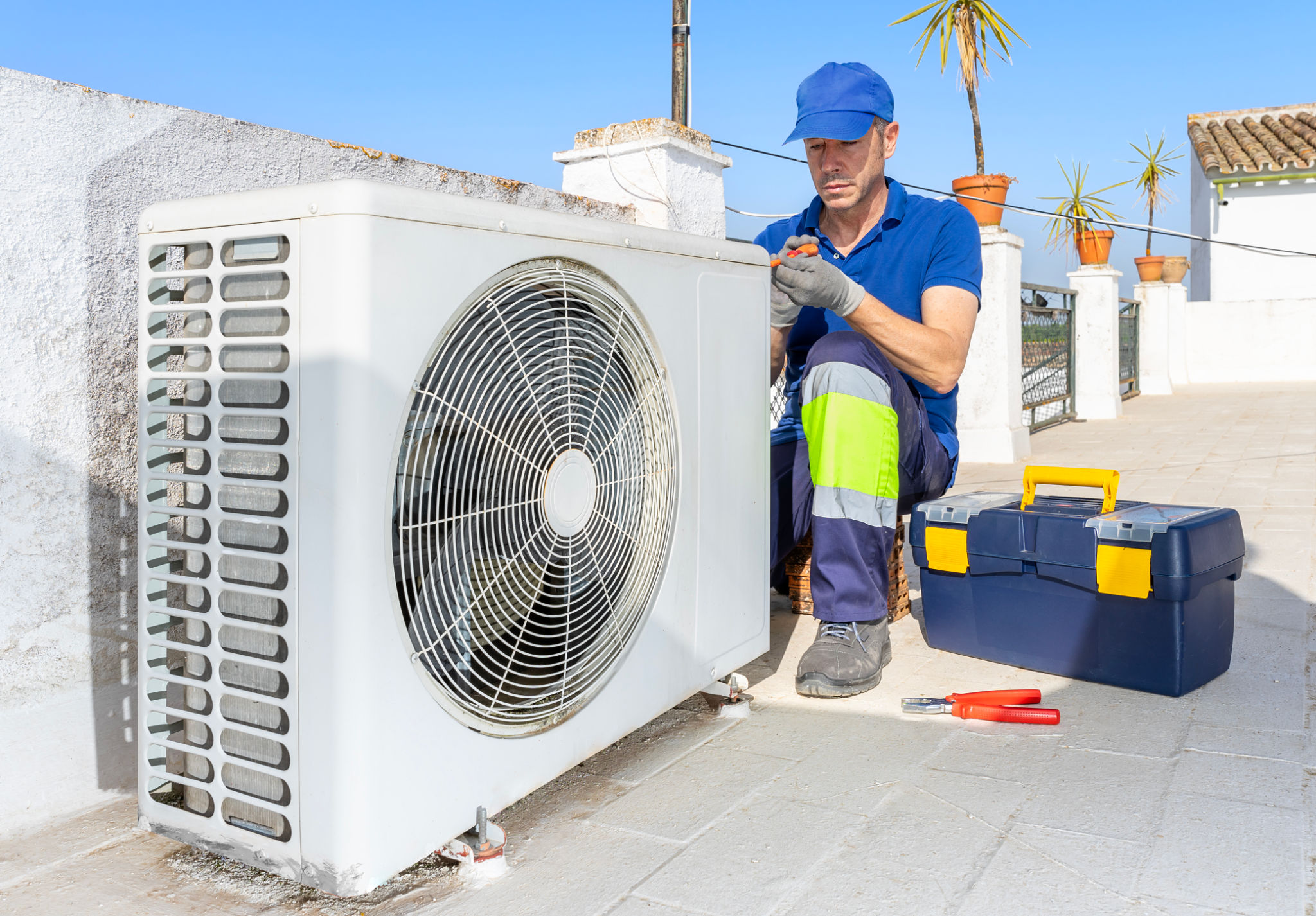DIY Building Maintenance Tips for Commercial Properties
Understanding the Importance of Regular Maintenance
Maintaining a commercial property can be a daunting task, but regular upkeep is crucial to ensure safety, enhance property value, and avoid costly repairs in the long run. By incorporating a routine maintenance schedule, property owners can prevent minor issues from escalating into significant problems.
The key to effective maintenance is consistency. Regular inspections and timely repairs can extend the lifespan of building components and systems. It's essential to create a maintenance checklist that covers all aspects of the property, from structural elements to mechanical systems.

Inspecting and Maintaining the Roof
The roof is one of the most critical components of any commercial building. A well-maintained roof not only protects the interior from water damage but also contributes to energy efficiency. Regular inspections can help detect potential issues such as leaks, damaged shingles, or clogged gutters.
Ensure that gutters and downspouts are free from debris to allow proper drainage. Address any minor repairs promptly to prevent them from becoming significant concerns. Hiring a professional for an annual inspection can provide peace of mind and ensure that the roof remains in optimal condition.
HVAC System Maintenance
An efficient HVAC system is essential for maintaining a comfortable environment for tenants and employees. Regular maintenance of heating and cooling systems can improve energy efficiency and reduce utility costs. Simple tasks like changing air filters and cleaning vents can significantly enhance system performance.
Consider scheduling bi-annual professional HVAC inspections to ensure all components function correctly. This proactive approach can identify potential issues early on, preventing unexpected breakdowns and costly repairs.

Electrical System Safety Checks
Electrical systems require regular inspections to ensure safety and compliance with local codes. Conduct a visual inspection to identify any exposed wires, overloaded circuits, or malfunctioning outlets. These issues can pose serious safety hazards and should be addressed immediately.
It's advisable to hire a licensed electrician for an annual comprehensive electrical system audit. They can help identify potential problems and recommend solutions to enhance safety and efficiency.
Exterior Maintenance and Landscaping
The exterior appearance of a commercial property can significantly impact its curb appeal and value. Regularly inspect the building facade for any signs of wear or damage. Address any issues such as cracked siding, peeling paint, or damaged windows promptly.
Landscaping plays a crucial role in creating a welcoming environment. Routine tasks like mowing the lawn, trimming bushes, and removing debris can keep the property looking well-maintained. Consider hiring a professional landscaping service for seasonal upkeep and enhancements.

Plumbing System Checks
Regular plumbing maintenance is vital to prevent leaks, clogs, and water damage. Check for any signs of water leaks under sinks, around toilets, and in basements. Address any dripping faucets or running toilets promptly to conserve water and reduce utility bills.
Schedule a professional plumbing inspection annually to assess the system's overall health. This proactive approach can help identify potential issues before they escalate into costly repairs.
Implementing a Routine Maintenance Schedule
Developing a routine maintenance schedule is essential for staying on top of necessary tasks. An organized approach ensures that no aspect of the building is neglected. Consider using a digital tool or app to track maintenance activities and set reminders for upcoming tasks.
Prioritize tasks based on their urgency and potential impact on the property's functionality. Regular reviews of the schedule can help adapt to any changes in building needs or tenant requirements, ensuring efficient and effective maintenance practices.
